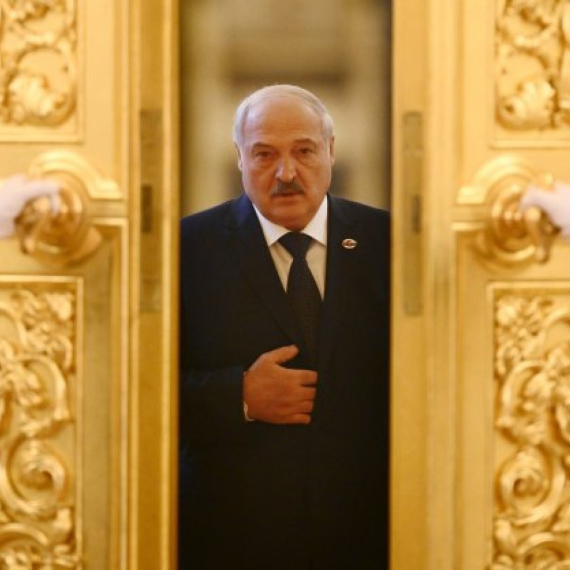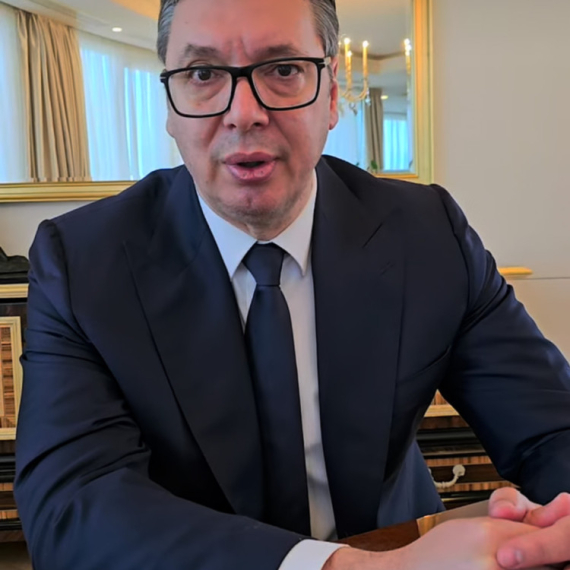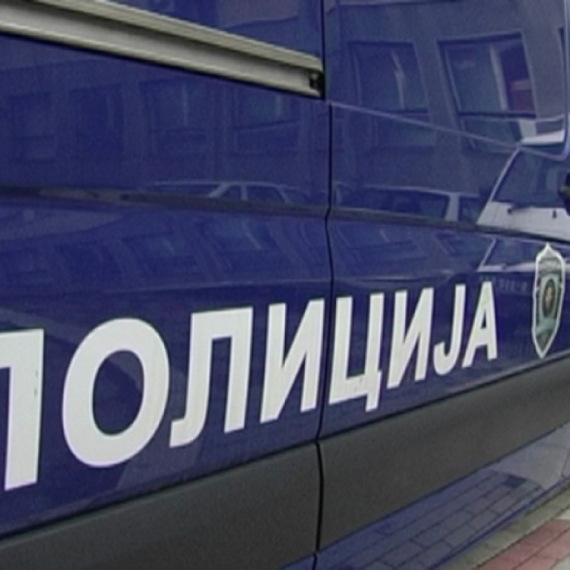IMF representative: Crisis in Serbia is over
International Monetary Fund (IMF) Permanent Representative in Serbia Bogdan Lissovolik has said that economic crisis in Serbia is over.
Sunday, 19.06.2011.
14:56

International Monetary Fund (IMF) Permanent Representative in Serbia Bogdan Lissovolik has said that economic crisis in Serbia is over. IMF representative: Crisis in Serbia is over He added that citizens could expect a better standard of living next year. “The condition for this to happen is to achieve the projected economic growth of 4.5 percent,” he told Belgrade-based daily Press, adding that an increase in salaries in the public and private sectors that would not be accompanied by a greater economic development would be completely unrealistic, and even counterproductive. “The safest way to ensure a better living standard for citizens is a strong economic growth in Serbia. If the projected growth of 4.5 percent is achieved next year, the results will be visible in an employment rate growth and increase in real incomes. But higher wages in the public and private sectors without a basis in a sustainable economic development would be an illusion. If such a pattern continues to repeat itself, the cost to the citizens and the economy could be a decline in living standards,” Lissovolik stressed. He pointed out that there was still a possibility the crisis might make a come-back. “As production and exports continue to rise, the Serbian economy is slowly getting back to its feet. But the risks are still there, especially those coming from outside, such as possible energy price rises or turbulence in the euro area. In addition, at the national level, there could be excessive increases in public sector salaries and pensions,” the IMF permanent representative concluded. Bogdan Lissovolik (Tanjug, file)
IMF representative: Crisis in Serbia is over
He added that citizens could expect a better standard of living next year.“The condition for this to happen is to achieve the projected economic growth of 4.5 percent,” he told Belgrade-based daily Press, adding that an increase in salaries in the public and private sectors that would not be accompanied by a greater economic development would be completely unrealistic, and even counterproductive.
“The safest way to ensure a better living standard for citizens is a strong economic growth in Serbia. If the projected growth of 4.5 percent is achieved next year, the results will be visible in an employment rate growth and increase in real incomes. But higher wages in the public and private sectors without a basis in a sustainable economic development would be an illusion. If such a pattern continues to repeat itself, the cost to the citizens and the economy could be a decline in living standards,” Lissovolik stressed.
He pointed out that there was still a possibility the crisis might make a come-back.
“As production and exports continue to rise, the Serbian economy is slowly getting back to its feet. But the risks are still there, especially those coming from outside, such as possible energy price rises or turbulence in the euro area. In addition, at the national level, there could be excessive increases in public sector salaries and pensions,” the IMF permanent representative concluded.


























































Komentari 1
Pogledaj komentare